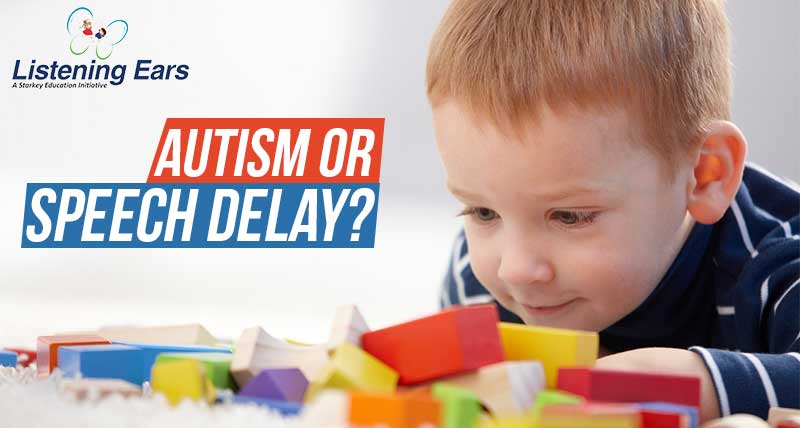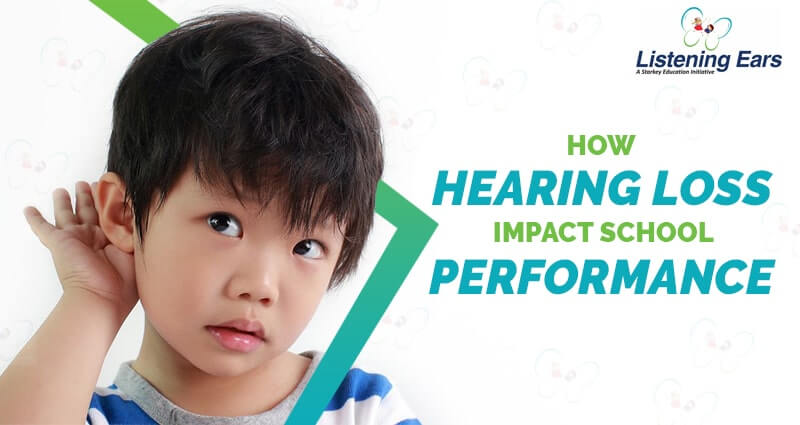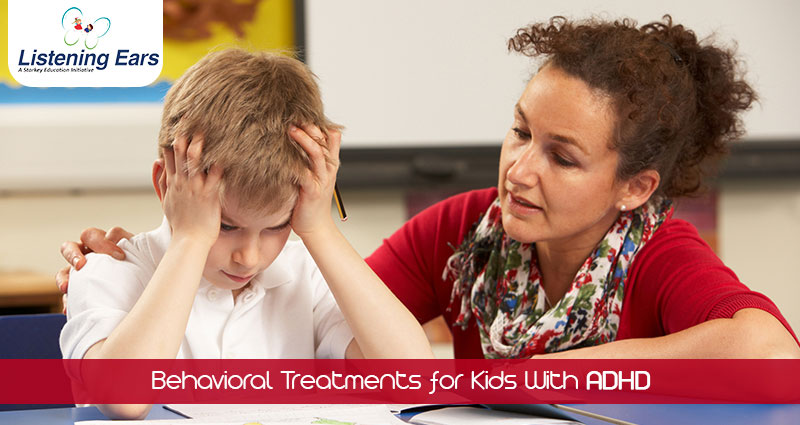Speech Delay in Children is not Always Due to Autism

Behavioral Treatments for Kids With ADHD
January 28, 2019
Strategies to Keep Your Child Motivated
May 27, 2019Speech delay is common among children with autism; it is also, however, common in children without autism. There is, however, very real difference between autistic speech delay and other types of delay. Significant speech delay is always a cause for some concern, but it doesn’t always a sign of autism. Difficulties with verbal communication, social skills, repetitive behaviors and/or narrowed interests are main features of autism.
How autistic speech delay differ from other speech delays:
As typical babies grow, they swiftly learn that communication is the key to getting what they desire. Even before they learn to use spoken language, these little ones make eye contact, babble, point, and work hard to get their point across to adults and older children. With time, typical children learn to use verbal language because they get positive results from doing so. In addition, typical children:
- are highly excited by social responses such as hugs and smiles
- are naturally willing to imitate actions of people around them
- are inclined to spend more time observing people than observing other things
- tend to be social beings who quickly get bored when left alone
On the other hand, children with autism, have social communication challenges that stand in their way of any kind of meaningful social connection. Children with high functioning autism may be much more socially driven than those with more severity of autism. For example, a child with autism:
- may be more inclined to his or her own interests than by social responses
- may rarely or never imitate others’ actions
- be more interested in things than being interested in people
- be content when left alone to go after their own interests
All of these differences may lead to different behaviors, eagerness, and outcomes. Children with autism may have a harder time understanding and/or using non-verbal communication such as pointing, pulling, smiling, etc. They may also have less interest in social interaction.
What an Autistic Speech Delay Looks Like:
Example:
John isn’t talking at the age of two years. He isn’t using words yet, but he is using babbling sounds and body language to communicate with the people around him. He is pointing, leading people toward things he wants, and interacting with other people. He actively participated while playing with his parents and siblings and is frustrated when left alone.
Bob is the same age as John. Bobby does know a few words, but he doesn’t use them to communicate. Instead, he repeats them over and over again to himself. Bob has not figured yet how to use gestures, or words to ask for something he desires. His parents find it impossible to hold his attention for more than a few seconds.
John may have a speech delay that requires early intervention; possible diagnoses include hearing loss, Apraxia of Speech, and cognitive challenges. However, Bob, despite the fact that he uses of a few words, may be exhibiting early signs of autism.
Speech-Related Signs of Autism
In addition to delayed speech, there are a number of other communication-related issues that could be signs of autism. Children with autism are more likely to:
- fail or slow to respond to their name call or other verbal attempts to gain their attention
- fail or be slow to develop gestures, such as pointing.
- coo and babble during the first year of life, but then stop doing so
- develop language at a slow or delayed pace
- speak mostly in single words or repeat certain phrases over and over again. Seeming unable to combine words to form meaningful sentences
- repeat words or phrases that they over hear-echolalia
- use words that seem odd, meaningless, out of place, or have a special meaning known only to parents who are familiar with the child’s way of communication




